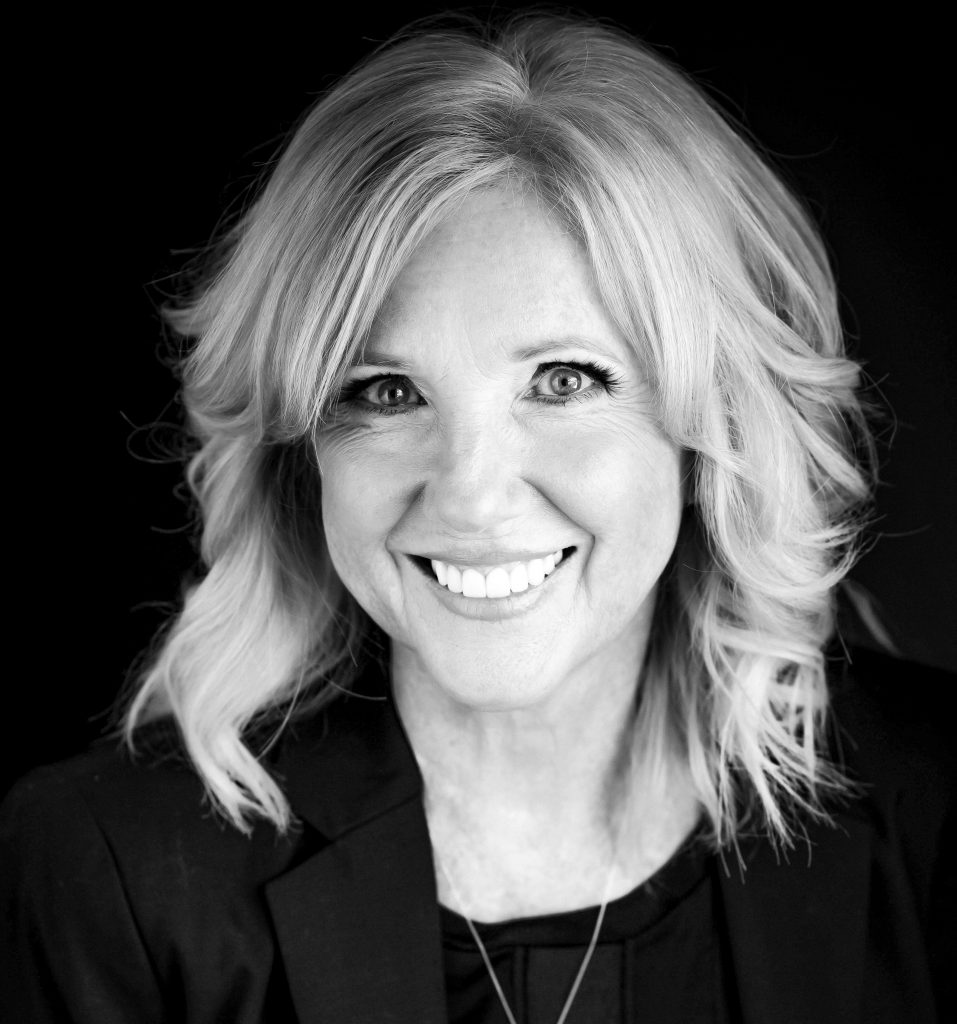Selling to foodservice is different from selling in retail, and the channel requires a whole other...
Foodservice Brokers: A Match(maker) Made in Heaven
Finding and Using Foodservice Brokers
The foodservice industry offers so many diverse opportunities – from an independent ethnic restaurant with a focus on local ingredients and authentic cuisine, serving dozens of diners a day; to the onsite foodservice at a hospital, serving hundreds or thousands of meals a day, to staff, guests and patients. The manufacturers choosing from all these opportunities are equally diverse – they make everything from egg replacement products to hot sauces to chocolate cookies.
Between these two worlds of wonderful opportunity, each of them full of unique possibilities and products, there is no one-size-fits-all way to connect. This makes knowing your goals for your business really important before you start thinking about how to target and grow your business. Foodservice brokers can help manufacturers scale the right foodservice segments and distributors, create momentum and set a solid path for sustainable growth. Choosing the right broker, and looking at brokers from multiple perspectives, without rose-colored glasses, can not only save a manufacturer some headaches, but make or break their long-term success.
What Is a Foodservice Broker?
National foodservice brokers can employ hundreds of sellers, working with restaurant and other foodservice operators across the country. Local and regional brokers offer the same services, with smaller staffs and more limited coverage areas, and are an option for start-ups to begin. Any broker, though, regardless of size, will have a syndicated sales process, with a mixed portfolio of products that sellers present to foodservice operators and distributors.
Brokers have relationships with the foodservice operators and customers they call on and want to make sure they offer those operators products that matter to them. They broker these relationships between manufacturers and operators and distributors, the way a matchmaker would, and so a broker strives for mutual benefit – the business equivalent of a happily-ever-after. Matches on the operator side can easily be found for products that are on-trend (or front of curve) and in demand, or for which demand can easily be created.
Brokers strive to maintain a range of products in their portfolios, most often with a three- or five-year plan to grow their lines and to bring on more lines that will work together to help everyone along the road to success. The broker’s goals include both top and bottom line sales growth for all of their lines, every year. Soup to nuts, the right broker will meet you where you are and build connections, relationship and synergy.
Hiring a broker can save manufacturers enormous amounts of time and energy by allowing them to focus on making the best possible product and to pursue a targeted sales strategy using both their internal sales team and the broker’s potentially much larger sales force.
What Does a Foodservice Broker Do?
A broker’s sellers call on foodservice operators and present a portfolio of client products. They arrange commitments to purchase from operators and distributors, manage trade spend, provide customer service, coordinate sales, manage sample warehousing, and provide support services like promotional plans and market research. In addition to getting a commitment from a foodservice operator or distributor to buy your product, in other words, a broker will help you promote your product to those operators (by developing and distributing culinary ideas using your product, for instance) and provide you with data and interpretations of that data so that you can respond to operator feedback and address needs. A broker represents your brand and serves as your feet-on-the-ground for pursuing your interests in various foodservice segments (including the segments where you might already be established and new segments).
Choosing the right broker can be like describing your ideal first date to someone who really does know “just the one for you.”
Who’s the Best Foodservice Broker?
The best food broker for you will be the one that presents your product consistently and often. And, most importantly, the best food broker will get your brand results that are aligned to your plan & products. Relationships between brokers and manufacturers can become buddy-buddy, and while friendliness and pleasant interaction matter, your business relationship should reflect strong and mutually profitable results.
As you begin to shop for a broker, you’ll notice that this world generally lacks diversity, particularly at executive levels. For richness of perspective and experience, manufacturers should choose a firm that can offer broader visions of the world and the marketplace. As my colleague, Taylor Crown, previously of Acosta, puts it, “We serve the most diverse industry on earth, but the broker sales force and leadership doesn’t reflect that.” Look for firms that have begun to represent the entire spectrum of the industry, to get the fullest voice for your product.
A look at a broker’s portfolio can also help predict whether your product will fit well with the brands already represented. A broker who already represents a national fish line, for instance, can more easily build sales of a new brand of sauce that goes well with seafood. Sellers can naturally include the sauce in conversations and presentations to foodservice operators, and you’re likely to see more sales.
One other point to consider as you choose the best broker: sellers really decide the collection of products they will present to any given customer. Choose a broker that has a formalized training platform and process! Sellers sell what they know – teach them well, because the more they know about your product, the more comfortable they’ll be talking about it, and the more easily they can sell it.
The best food broker for your brand will be the one that can represent you across operators and across segments. Diversity in the broker’s executive and seller teams will help ensure your brand reaches a wide market of foodservice distributors, operators and patrons. A portfolio compatible with or complimentary to your products will likely ease and increase sales to those operators. The right broker for you will help your product meet its perfect operator and distributor matches, over and over again.
Who Needs a Food Broker?
Companies need brokers for different reasons and to solve different problems and should go into a broker relationship with clear expectations and goals.

A “Bigly,” or Well-Established Manufacturer, may see the opportunities the last few years have offered and want a sustainable path to higher growth. Perhaps they have new products that are hard to seed and distract from their direct sales team’s effort to move more established brands. The right broker can help solve those problems and build progress toward those goals.

A “Persister,” or Mid-Stage Brand, may need help driving their sales to the next level, through a more formalized, integrated alignment with the foodservice market. They may have some success in one segment and hope to diversify across additional foodservice segments and build a solid path forward. A well-chosen broker can introduce the brand to new segments with a clear plan for increasing sales and broadening the brand’s market.

A “Newby,” or Early-Stage Brand, may have only limited experience in foodservice, and few options to scale the foodservice channel. They may understand the importance of penetrating foodservice, though, and be motivated about establishing a platform for future growth. At this stage, the strategic partnership a broker can offer is critical. Local or regional brokers can introduce these brands to the workings of the brokerage world, while also providing them with more attention than a national broker might. (We’ll discuss national, regional and local brokerage companies later in this series – there’s lots of factors to consider.)
Again, asking questions of your brand’s leadership and thinking carefully about your goals will help determine the right broker, and help your brand use the broker’s services more effectively and efficiently. The more clearly you can communicate your goals and name your destination, the more success you and your broker will have in getting there.
So many foodservice options and opportunities await out there for new brands and existing manufacturers with new products, and so many new and established brands and products are looking for foodservice homes. Brokers can help both sides find the right matches, grow together, get where they want to go, and live happily ever after.

Our guest blogger for this five-part series is Julie Swift. Julie provides us with a unique perspective, as a person who’s spent thirty years in foodservice, with time on each side of the client-broker relationship.
Julie spent 25 years in sales and marketing for the French’s Food Company and McCormick, and then just over 4 years as a broker in senior & executive leadership roles across sales, marketing, digital & business development. She has interviewed over 100 potential manufacturers – she knows what she’s talking about! Visit her or find her on LinkedIn
.png?width=400&height=400&name=Untitled%20(600%20%C3%97%20600%20px).png)


.jpg?height=200&name=Blog%20Post%20Featured%20Images%20(2).jpg)